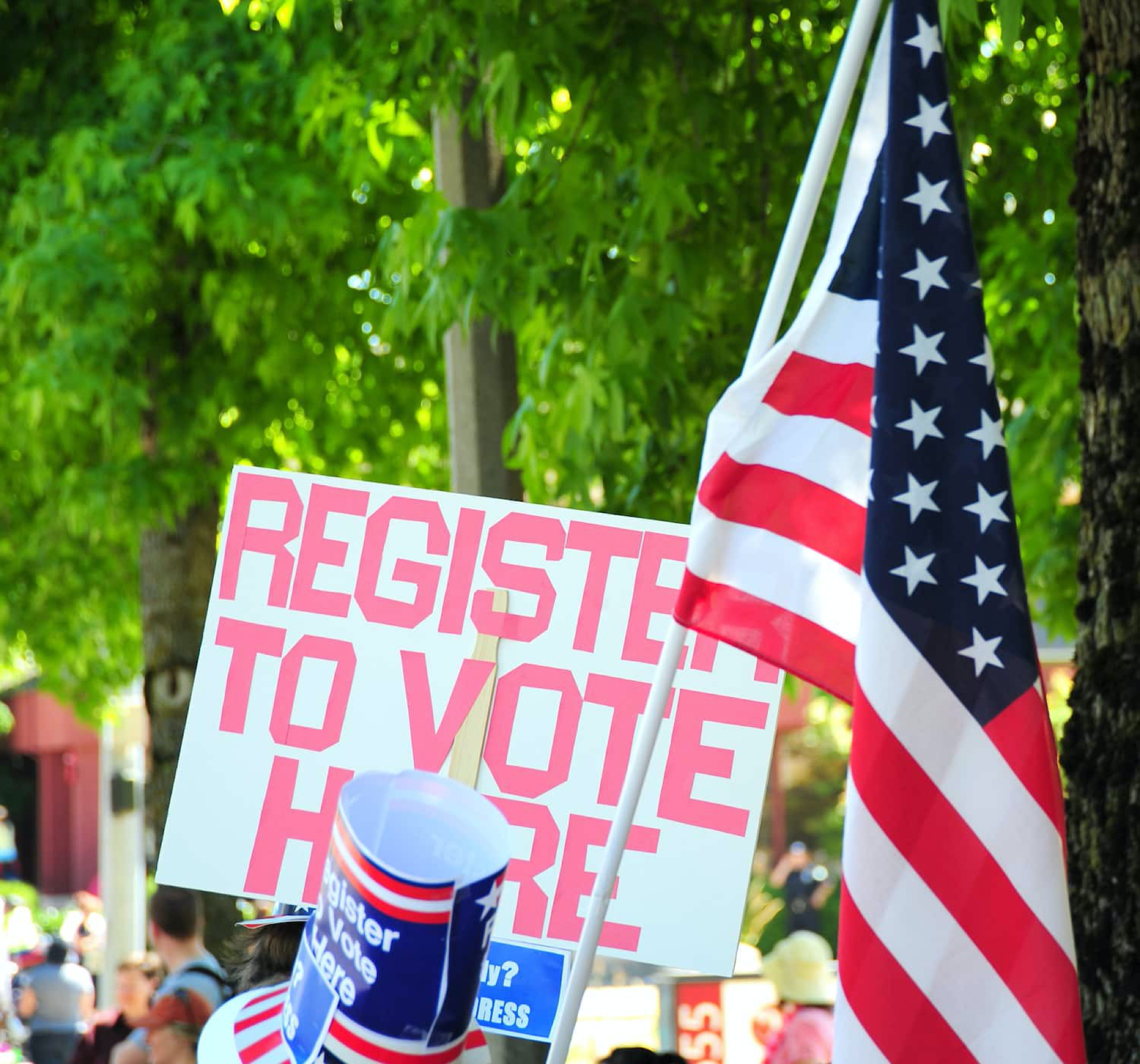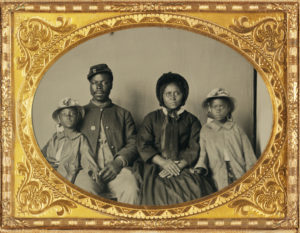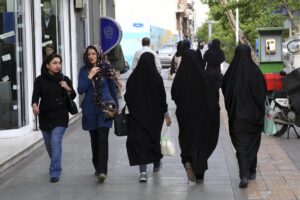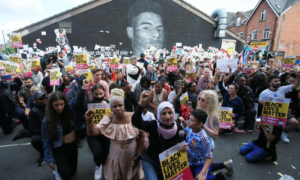Zack Arias said he wasn’t looking to make trouble or cause a scene when he pulled on a T-shirt to go cast his ballot during early voting in Forsyth County, Ga., on Monday, but the county’s history of disenfranchising and driving out Black residents was on his mind and he wanted to show up at the polls as an ally.
“I’m fairly liberal, living in a very red county. So I’m like, ‘Yeah, I’m going to wear my Black Lives Matter shirt and go vote,’ ” Arias told The Washington Post on Tuesday.
But when he arrived at the polls in Cummings, Ga., an election worker told him he would have to take the shirt off if he wanted to vote, saying the message it relayed was activism. Arias, a 47-year-old photographer, quickly started filming the exchange.
He pushed back when the poll worker told him the shirt was not allowed and then waited for an election manager, who eventually escorted him inside to cast his ballot.
Arias’s experience at the polls is one voting rights groups and election monitors are closely watching amid a high-stakes election playing out in a polarized political climate that has both Republicans and Democrats on alert over election integrity.
On Monday, election officials in Shelby County, Tenn., which encompasses Memphis, confirmed that a poll worker was fired last week after interfering with early voters who wore T-shirts and masks with slogans supporting Black Lives Matter.
“This is a pattern that we need to be mindful of at a moment that marks an unprecedented movement for racial justice — but it is a movement for justice and not political position,” Kristen Clarke, the president of the National Lawyers’ Committee for Civil Rights Under Law, told The Post.
Electioneering, or engaging in activity that supports a particular candidate or party, is broadly prohibited at the polls, though specific rules about what voters can say, wear or display as they cast their ballots vary by state.
Tennessee’s electioneering laws bar campaign materials that support a specific political party or any candidate or position that appears on the ballot. Election officials in Shelby County, Tenn., and in Forsyth County, Ga., told The Post that they had previously discussed racial justice slogans as part of a broader plan to counteract any potential voter intimidation or voter suppression.
Arias said he decided to film the exchange to document that such challenges were happening, and to let other people know that they cannot be turned away in Georgia for expressing such views at the polls.
“I’m against electioneering. I support the fact you can’t take pictures or video inside the election place — that’s fine,” Arias said. “What upsets me about this whole ordeal is that I was not breaking any rule or law or regulation, and yet I was still told I could not vote.”
The most popular and interesting stories of the day to keep you in the know. In your inbox, every day.
He acknowledged that people such as the poll worker could perhaps view the Black Lives Matter slogan and movement as a political one, which he said he rejects: “People’s lives are not political.”
Details about the incident in Memphis remained unclear, but Shelby County Election Commission spokeswoman Suzanne Thompson previously told The Post that the unnamed poll worker, “of his own volition,” was seen telling people late last week that they had to turn their T-shirts or masks inside out if it said “Black Lives Matter.” The worker was fired after he pushed back on reminders that his poll-worker training addressed the fact that racial justice slogans were permissible.
Thompson described the poll worker as expressing his belief that Black Lives Matter and the slogan “I Can’t Breathe” were “political statements connected to the Democratic Party.”
“Our voters are not going to be intimidated. We’re doing everything we can so that every voter in Shelby County can exercise their right,” Thompson said.
Black Lives Matter is permissible, as it does not reflect a specific party or candidate, but a person wearing a “Make America Great Again” shirt would have to cover it up before voting since the slogan is known to be connected directly to a candidate who appears on the November ballot, Thompson said.
The incident happened as Tennessee residents across the state have set records for early voting since the polls opened Oct. 14. In Shelby County, at least 132,000 people had cast early ballots as of Tuesday — nearly double the number of the first five days of early voting in 2016, according to data from the Tennessee secretary of state.
A spokeswoman with the American Civil Liberties Union of Tennessee said the group is monitoring closely for election interference but has not received complaints like the incident in Memphis.
In Georgia, the increase in early voting has also raised demand for new poll workers. Karen Shields, a spokeswoman for Forsyth County, estimated that almost 50 percent of the county’s poll workers are working their first presidential election.
Shields said the poll worker who initially stopped Arias over his Black Lives Matter shirt was new this year.
“There’s a lot they have to learn. This particular part of the guidelines about apparel is part of the training,” she told The Post. “This individual unfortunately didn’t remember the specifics of all of them but then called over the location manager, which was the right thing to do.”
Arias said he was pleased with how the situation was resolved and praised the election manager on site for being kind to him and patient. He said he also thought of the Black voters who overheard the exchange and wondered what it must have felt like to hear someone argue that “Black Lives Matter” is a political statement.
“If Black Lives Matter had been on the ballot, or if [Democratic presidential nominee Joe] Biden said, ‘“Black Lives Matter” is my new campaign slogan,’ I would have worn a different shirt that day,” Arias said. “But voting is your time to say something.”
Kim Bellware covers national and breaking news for The Washington Post. She previously worked for City Bureau, The Huffington Post and as a nationally-focused freelance reporter.




